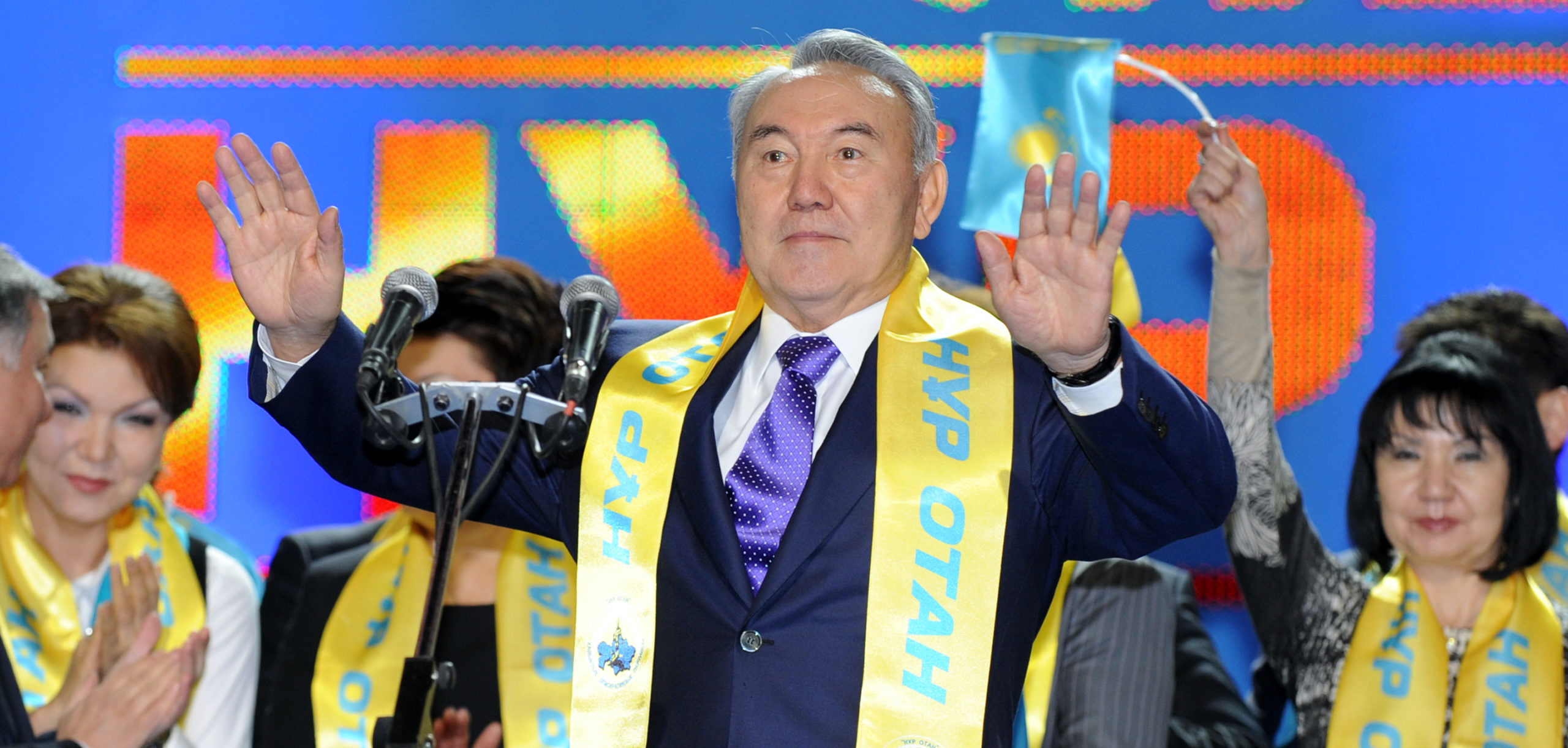The tradition of naming things after respected leaders is an ancient one. Usually it is regarded as being in better taste to do so once they are dead, though in exceptional cases such an honour can be applied to the living. So it was with Queen Elizabeth II, whose name was attached to the tower housing Big Ben for the Diamond Jubilee and then more recently to a new railway line to mark her Platinum Jubilee.
As the national outpouring of grief has made clear, the affection for the deceased monarch was sincere and so there is little risk of those names being changed any time soon. The situation is somewhat different for Nursultan Nazarbayev, the octogenarian former president of Kazakhstan whose name is being stripped from the capital a mere three years after it was renamed Nur-Sultan in his honour. At the start of the year he was still riding high, confident that his legacy was assured, but riots over a spike in fuel prices changed everything, and now the current president Kassym-Jomart Tokayev — a former protégé who proposed calling it after him in the first place — is restoring the previous name, Astana.
Nazarbayev will be well aware of the fluidity of names in the post-Soviet space, of course. He presided over a few changes himself as he transitioned from Soviet boss to national leader: Alma Ata (the Soviet capital) became Almaty, Semipalatinsk became Semey, while Dzhambul became Zhambyl and then Taraz. But what he is experiencing now has a lot more in common with what happened in the USSR whenever a powerful figure fell out of favour.
Following Lenin’s death Soviet leaders grew quite keen on naming things after themselves, but this could get complicated very quickly in a country where Stalin was in charge and high-ranking officials were regularly purged. But once Stalin died, a similar fate befell the towns and cities bearing his name: Stalinabad became Dushanbe, Stalingrad became Volgograd and Stalino became Donetsk. He at least was dead and so did not have to witness his own downfall, but the same cannot be said of many of his henchmen like Vyacheslav Molotov and Lazar Kaganovich who were still alive when they saw their names stripped from things.
Nazarbayev is, by comparison, still quite fortunate. Molotov not only saw his name vanish from cities, but he was dispatched to Mongolia to serve as ambassador before being expelled from the party in 1961. Although he was eventually allowed back in, he endured a long, forced retirement that ended with his death in 1986 at the ripe old age of 96. Kaganovich, who had at one time been Khruschev’s main patron, was demoted to minor administrative positions and also expelled from the party. He also lived a long and bitter life, and died at the age of 97 in July 1991, a mere five months before the USSR evaporated. Nazarbayev is already in his 80s, so it is unlikely he will have to suffer that long of a humiliation.
Meanwhile, Astana (which simply means “capital”) has had many names, even by the standards of the region. Before that it was Tselinograd and before that it was Akmolinsk and before that it was Akmola. At the turn of the millennium, I was teaching English in Almaty when one of my students told me that Akmola meant “white tomb”. He suggested that Nazarbayev might want to rethink locating his new capital in a place with such a name; it did not bode well. Indeed.











Join the discussion
Join like minded readers that support our journalism by becoming a paid subscriber
To join the discussion in the comments, become a paid subscriber.
Join like minded readers that support our journalism, read unlimited articles and enjoy other subscriber-only benefits.
Subscribe